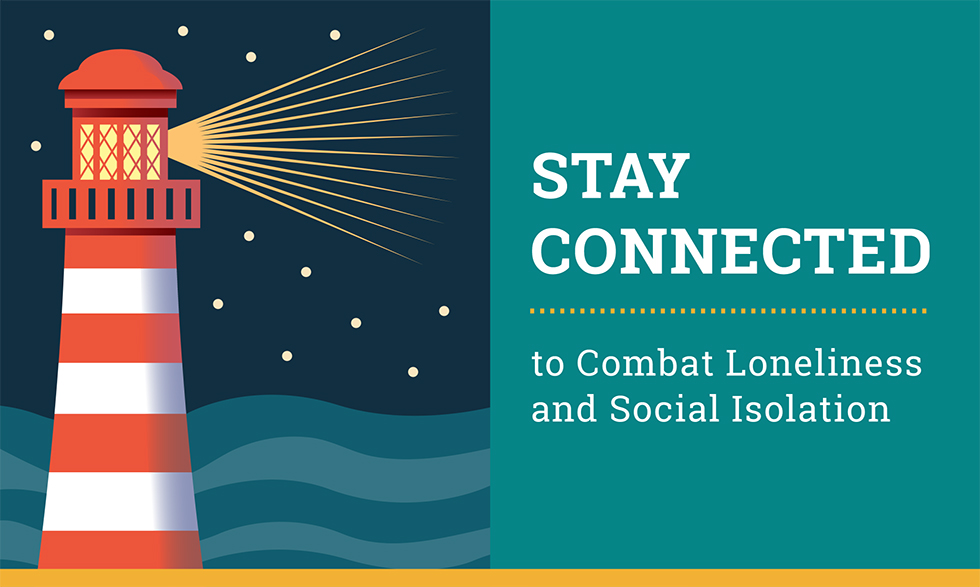
Last updated on July 24th, 2024 at 10:31 am
Have you ever felt lonely in a busy supermarket or a crowded party? While we all feel lonely sometimes, social ties are important for everyone. Strong connections are particularly important for the health and well-being of older adults.
Loneliness and social isolation aren’t the same thing, but they are related. Loneliness is a feeling of emotional pain about being alone or separated from other people (even if we’re not physically alone). Social isolation results from not having many social contacts or people to interact with, which can lead to feeling very lonely.
As people age, they often find themselves spending more time alone. Certain things can put older adults at a higher risk for social isolation and loneliness. These include living alone, having limited mobility or no reliable way to get around, financial struggles, language barriers, and caregiving duties. Physical distancing during the COVID-19 pandemic also made it harder to see family and friends in person.
One in four adults aged 65 and older are socially isolated, and research shows that this can take a toll on overall health and well-being. Loneliness and social isolation have been linked to conditions such as heart disease, high blood pressure, anxiety, depression, and cognitive decline.
To address this challenge, the National Institute on Aging (NIA) has tips to help older adults stay connected.
Check out NIA’s Loneliness and Social Isolation—Tips for Staying Connected (also available in Spanish) for more information and resources to help you and your loved ones stay in touch.
You can also spread the word online with NIA’s Social Isolation and Loneliness Outreach Toolkit.
With these tools and resources at your fingertips, you can join the fight against loneliness and social isolation and support older adults in your family, community, and beyond in building and maintaining strong social connections.
Ways to stay connected include
- Checking in regularly with family and friends via phone, email, or video chat.
- Meeting other people with shared interests.
- Trying a new activity or revisiting an old hobby.
- Getting involved in the community.
